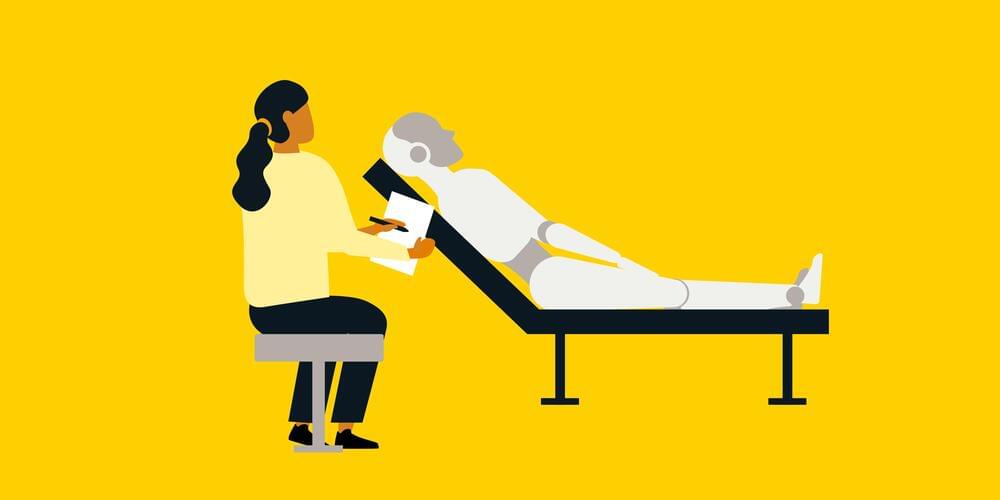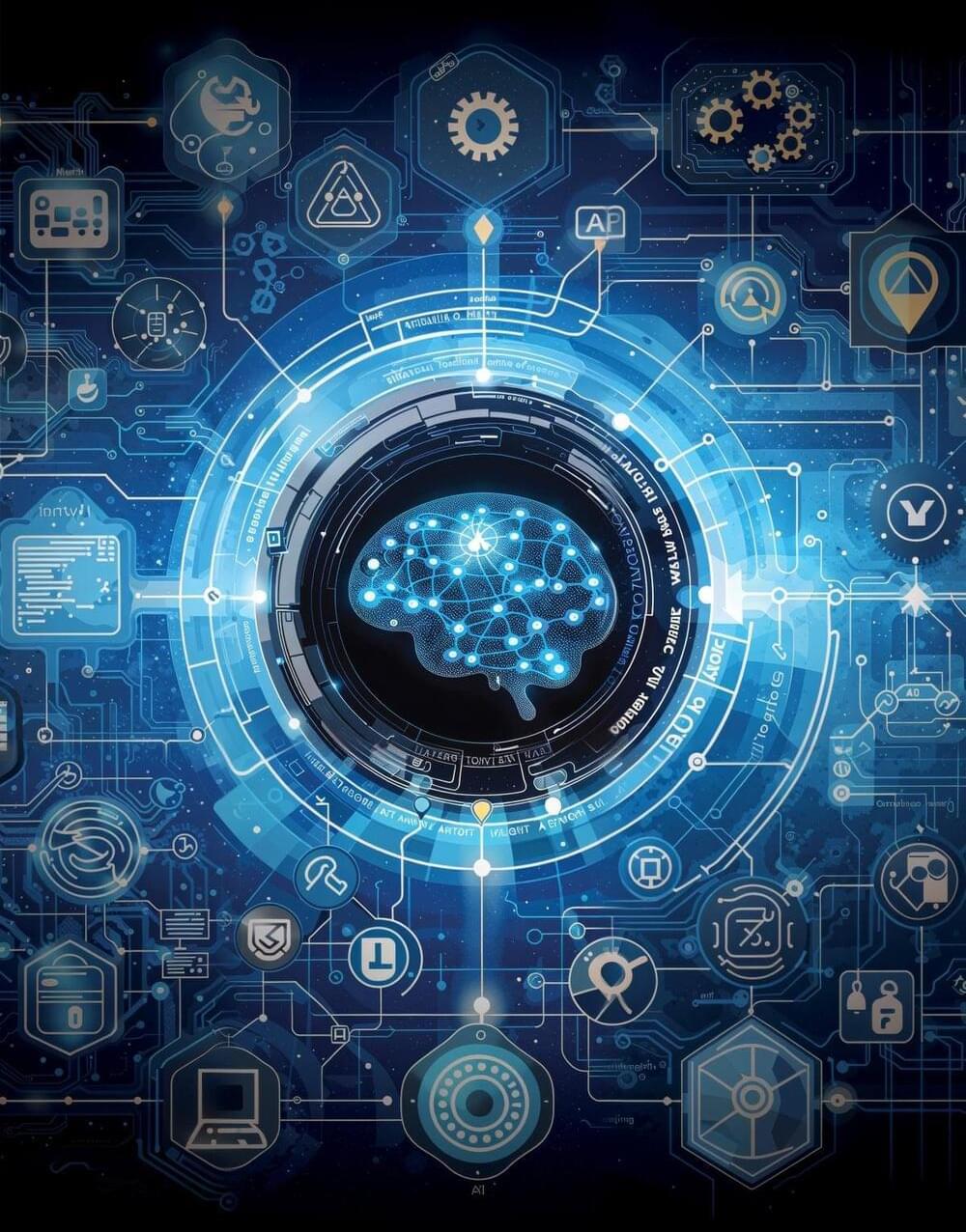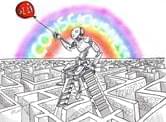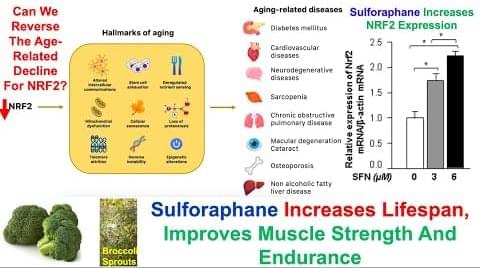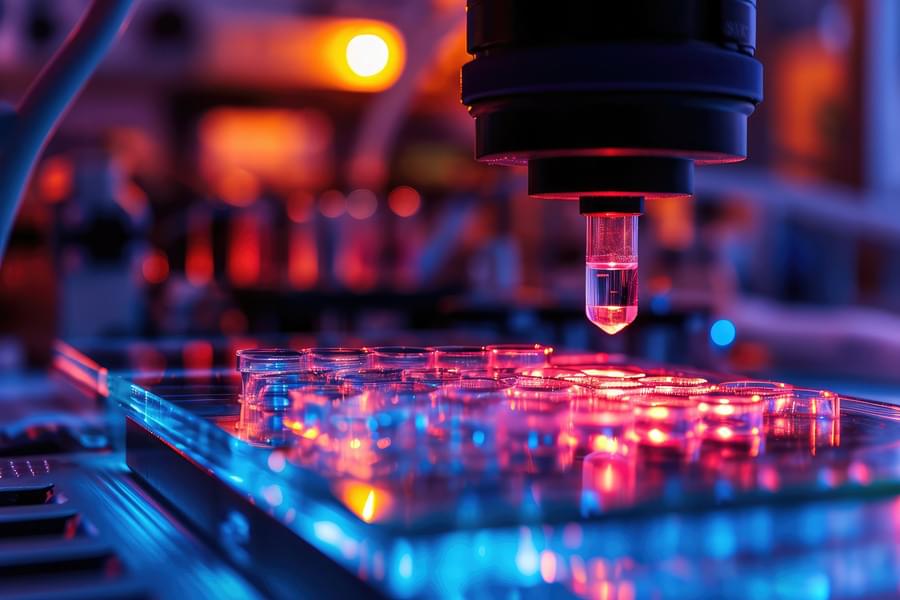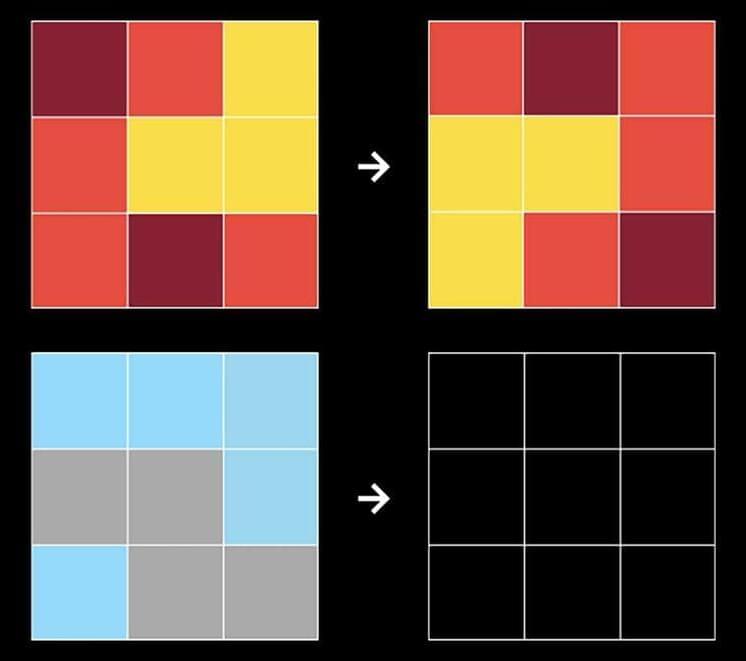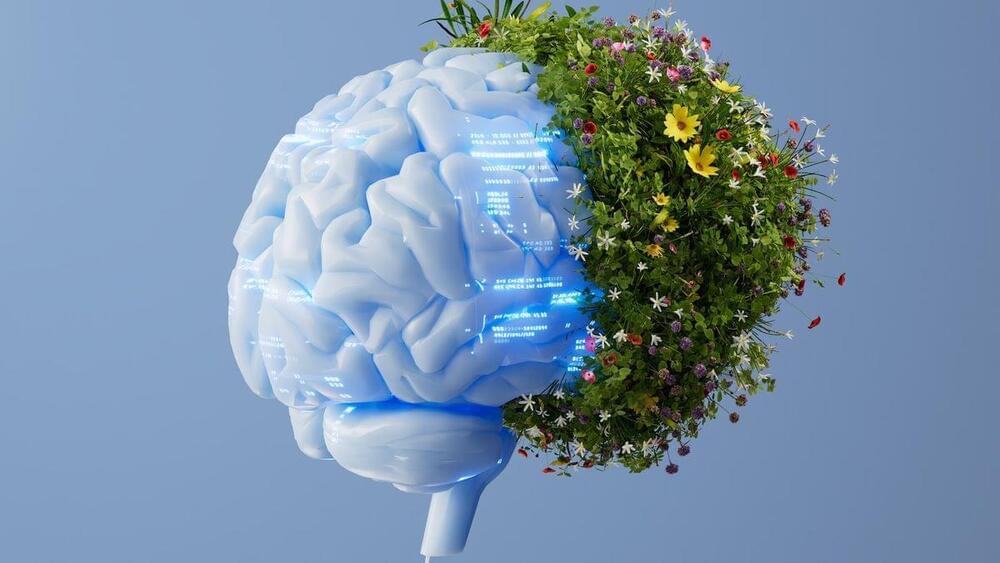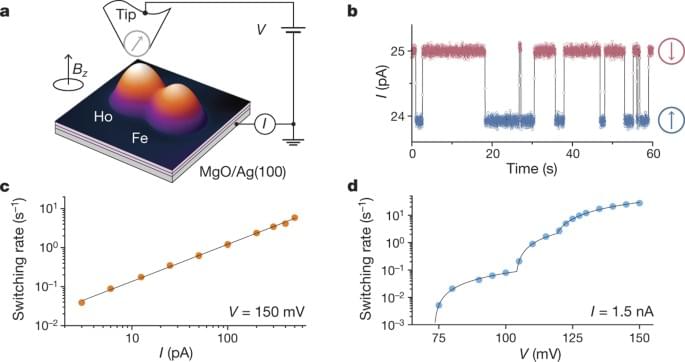Jun 30, 2024
Swarm Satellites Help Aurora Chasers Discover Steve’s Long-Lost Twin
Posted by Natalie Chan in category: satellites
Ever since aurora chasers discovered Steve, a mysterious ribbon of purple light in the night sky, scientists have wondered whether it might have a secret twin. Now, thanks to a photographer’s keen eye, and data from ESA’s Swarm satellites, we may have found it.
Steve was a sensation when scientists stumbled across it a few years ago, thanks to the eagle eyes and excellent photography of the Alberta Aurora Chasers Facebook group.
But its mauve hue and fleeting appearance meant it couldn’t be a feature of the aurora borealis, commonly known as the northern lights, which comes in shades of green, blue and red and can last for hours. So, what could it be?

